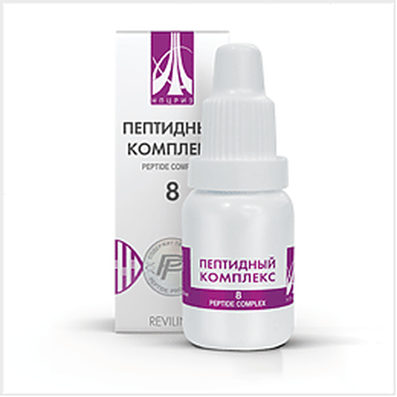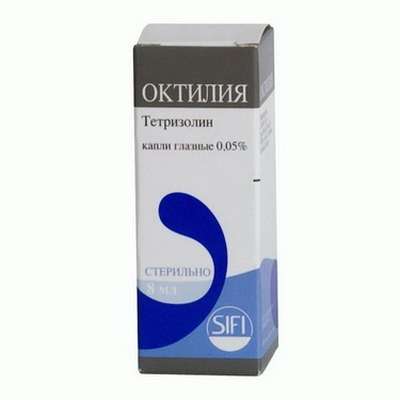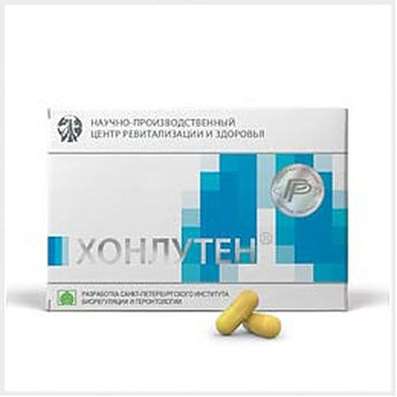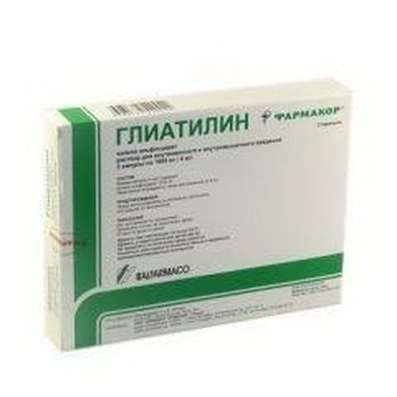5 Myths About Alcohol
13 Dec 2016
Myths about the dangers and benefits of alcoholic beverages
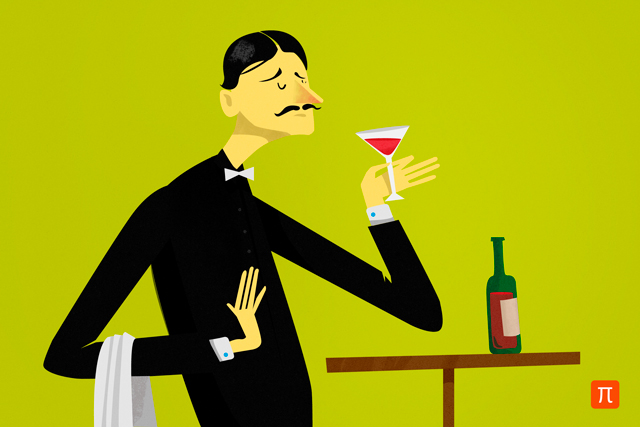
Drunkenness - characteristic of Russian tradition
It is not true. Russia takes the stage, which many Western countries took place in the early twentieth century, when the increase in incomes has led to increased drinking, which was reduced by the introduction of measures of state regulation of prices for alcoholic beverages and the restriction of time and places of sale. During the first half of the twentieth century, alcohol consumption was significantly lower in the USSR than in Western Europe. For example, between 1948-1950 alcohol consumption was as follows: France - 21.5, Spain - 10.0, Italy - 9.2, England - 6.0 US - 5.1, USSR - 1.85 L (in terms of pure alcohol per person per year). Until the 1960s, the level of alcohol consumption in the USSR did not exceed 5 liters per person per year: 1940 - 2.3 liters in 1950 - 1.7 liters per capita per year. Consumption has doubled in 1956 and tripled in 1962
Further, under Brezhnev, consumption grew, and in 1980-1984 the actual consumption of alcohol per capita was 13.1-14.8 l. Russia ranked first in Europe. However, this time due to unfavorable demographic dynamics (increased mortality and disease, reduced fertility) was classified Soviet statistics on this issue. Source of information - the report of the Public Chamber "Alcohol abuse in the Russian Federation: the socio-economic impacts and counter-measures."
Russian inclined to drink no more than any other people, and this tendency is regulated in the country carried out by the policy of restrictions or permit of the sale of alcohol. Due to the ability to induce euphoria of alcohol (and with regular consumption - dependent), the free availability of alcoholic beverages leads to alcohol abuse regardless of their nationality and of the state apparatus.
Moderate alcohol consumption is good for health
This is true only in part. Epidemiological studies show that people who consume alcohol in moderation (less than 50-100 grams in terms of pure alcohol per week), really are healthier and live longer as compared not only with those who drink more, but also to those who completely abstain . At moderate drinkers are also higher levels of education, income and physical activity (they often do in the gym or take a walk), they eat more fruits and vegetables and generally adhere to a healthy lifestyle. And stress levels are lower. However, to infer from the coincidence that this alcohol is the cause of good health, you should not. Moderate alcohol intake may simply be a marker of social well-being. A temperance poor health may be due to the fact that they do not consume alcohol, but on the contrary, the cause of this. Alcohol can not be recommended as a means of improving health. Useful substances contained in the wine are also contained in fruit juices. Meldonium and Phenotropil also can help you with alcohol withdrawal
There are genes in Russian that cause them to drink.
It is not true. None of the genes, which affect the consumption of alcohol, the Russian did not differ from the rest of the peoples of Europe. There are two groups of genes that are associated with the development of alcohol dependence. This alcohol metabolism genes and genes controlling the transmission of nerve impulses in the brain. alcohol metabolism takes place in two stages. On the ground formed a toxic product (acetaldehyde), delivers discomfort. In the second step this product is neutralized. Variants of genes, due to which the consumption of alcohol at a concentration of toxic acetaldehyde in the blood increased, common in East and South-East Asia (up to 70-80% of the population of these regions are carriers of gene variants). Carriers of these gene variants consume less alcohol, and have reduced the risk of developing alcoholism. In Europe, it found only one of these options - it's called ADH1B * 48His - and less than 10% of the population.
In the early 2000s, the Russian mass media spread false statement was that more than half of Russian are carriers of the gene variant, inherited it as if from the time of Genghis Khan. Moreover, it is the cause of this gene was called "Russian drunkenness." In fact, only one in ten Russian is a carrier of the gene variant. A Russian man who has this gene variant, consuming an average of 20% of alcohol less than those who do not have this gene variant. In Russia, the most common variant of this gene is found among the peoples of Southern Siberia (among the Buryats, Altai, Tuvan - up to 50% of the population). In the northern Mongoloids (the Chukchi, Khanty, Nenets), this option is absent or is present in a very small part of the population (no more than 5%). The notion that ADH1B * 48His gene variant is present in all Mongoloids - another myth created by the improper transfer of properties characteristic of southern Mongoloid (Chinese, Japanese, Koreans) on the north.
As for the genes controlling brain function, then such genes found several dozen, and identified their effects are weak. The manifestation of these genes depends on the conditions of education in childhood, and by cultural and social factors. Differences in frequency of occurrence of "risk" gene variants among the small European nations. For the population as a whole and not for an individual, the influence of social factors are much stronger than the effect of genes. During the anti-alcohol campaign of the 1980s, the population does not change the genes, and alcohol consumption has decreased by a third.
High levels of alcohol consumption and low life expectancy are due to patients with alcoholism
It is not true. Patients with alcoholism, of course, contribute to the unfavorable demographic situation. In fact, 12-14% of Russian men consume as much alcohol as the remaining 85%. However, at the level of the country's main contribution to the reduction of public health does not give this marginal, the strongest part of the drinking population, and 40-50% of those socially advantaged citizens who drink less, but still in excess of the safety of single doses of alcohol and consumption on average.
Women in Russia consume about 4 times less alcohol than men. A particularly dangerous alcohol during pregnancy. Even a glass of wine or a mug of beer, drunk expectant mother can harm the developing fetus, especially during the early stages of pregnancy, when laid tissues and organs. The consequences of alcohol use mother - fetal alcohol syndrome, significant violations of child development, including mental retardation. Cogitum, Cortexin, Semax can help to cope with alcohol intoxication of brains.
The main reason of alcoholic deaths - poor quality of alcohol
It is not true. It is not as and in quantity. Consider that the high cause of death of Russians - the "bad" spirits, can only people who do not have adequate sources of information. In Soviet times, when there was a state monopoly on the production of alcoholic beverages, the life expectancy of Russians decreased and mortality increased with an increase in production and sales of alcohol by state enterprises. With the introduction of restrictions in the mid-1980s, it has fallen sharply, not only mortality from acute alcohol poisoning, but the number of deaths from cardiovascular disease, homicide, suicide, the number of alcoholic psychoses, traffic accidents and other unfortunate indicators of alcohol-related. Total anti-alcohol campaign has saved over a million lives. Reduced mortality was accompanied by an increase in the birth rate. All of this is significantly blocked the negative effects of non-potable alcohol consumption (surrogates) certain categories of citizens.
Other factors influencing health status and life expectancy, - income level, the level of medical care and so on - have not changed during the anti-alcohol campaigns. This indicates that it is the amount of alcohol consumed is a key factor affecting the length of life of the Russians. Favorable demographics have changed with the introduction of restriction of alcohol sale time and price increases on alcoholic beverages. If surrogates consumption by limiting the sale of alcohol would have a significant, this led not to an improvement but a deterioration of demographic indicators. On mortality affects not only the absolute amount of alcohol in a drink beverage, but also how they are used. Consumption of spirits (and they account for 70% of the alcohol consumed in Russia), taking large single doses are much more dangerous than the consumption of the same amount of moderate doses of alcohol - no more than one or two glasses of wine a day.

 Cart
Cart

